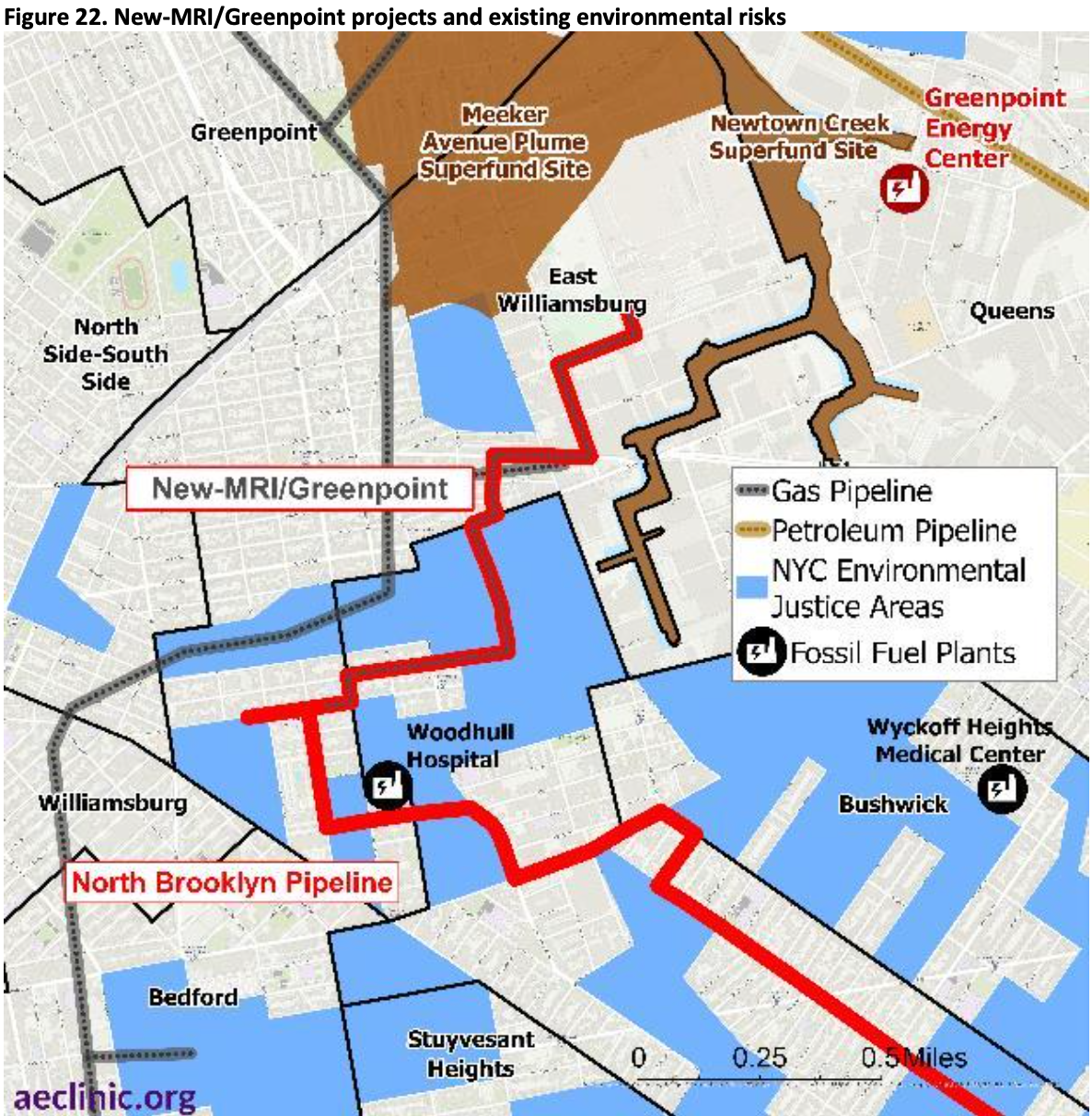Image Credit: Chad Davis, CC by 2.0
Client: Union of Concerned Scientists (UCS) and Louisiana Against False Solutions Coalition
Authors: Chirag T. Lala, Joshua R. Castigliego, Sachin Peddada, Liz Stanton, PhD
April 2023
On behalf of the Union of Concerned Scientists (UCS) and the Louisiana Against False Solutions Coalition, Researchers Chirag Lala and Joshua Castigliego, Assistant Researcher Sachin Peddada, and Senior Economist Liz Stanton, PhD prepared a report that assesses the viability of carbon capture, utilization, and storage (CCUS) as a decarbonization strategy in Louisiana’s power sector. AEC staff finds that CCUS is vulnerable to damage, poses risks to human health, safety, and the environment, and has a limited emissions reduction potential.
To fully understand and mitigate the risks associated with CCUS, decision-makers must assess (1) how and to what extent CCUS could negatively impact surrounding communities, (2) what policies, rules and regulations are required to ensure that CCUS deployment is conducted in a safe and responsible manner, and (3) which applications are most appropriate for CCUS versus other decarbonization alternatives. To identify the most appropriate role that CCUS could play in Louisiana’s decarbonization efforts, decision-makers must take into consideration the technical and economic feasibility, emissions reduction potential, and safety of CCUS infrastructure compared to that of alternative decarbonization strategies.




















